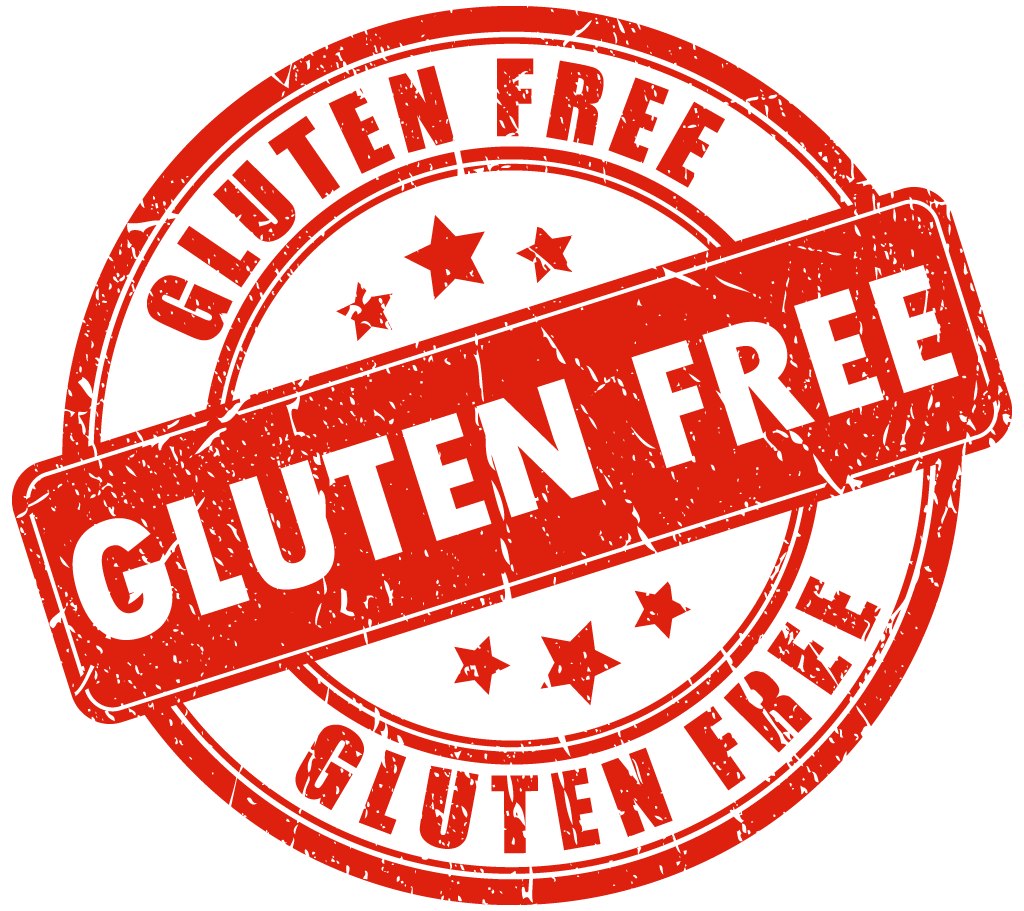To gluten or not to gluten, that is the question

Thyroid Disease
January 5, 2015
Gluten free products are advertised more and more as a healthy alternative but most people don’t understand what gluten is or if they should be worried about it. Gluten is a protein found in healthy foods like wheat, barley, rye, and wheat varieties like spelt, kamut, farro and durum, plus products like bulgar and semolina. In addition to being in breads and pastas gluten is used in many packaged foods, soups and sauces as a filler or as a thickening agent. Checking the labels on processed foods is the only way to find ingredients that contain gluten. Look for the grains mentioned above plus: brewer’s yeast, oats, and malt. Oats don’t contain gluten but are most often contaminated with it by being processed on the same equipment as other grains. So if your oats don’t specifically say “gluten free” then they may contain some gluten.
For a long time doctors believed that the only problem people had with gluten was Celiac disease. Celiac is a very serious condition in which gluten triggers the destruction of a person’s intestines. People with celiac disease can’t eat any gluten at all without severe consequences. We now are seeing more research coming out that says that people with Celiac disease have destruction of more than just their intestines. It affects their nerves, muscles and other tissues as well.
Another condition that is now recognized as Non-Celiac Gluten Sensitivity causes a reaction to gluten that damages peoples’ bodies but does not cause the same extent of damage to their intestines as celiac disease. The number of people that are sensitive to gluten but do not have celiac disease may be very high. In these people the reaction to gluten causes their immune system to attack their own body. This is known as autoimmunity and can cause symptoms that are widely varied from brain fog, to pain, inflammation and fatigue.
If you have symptoms that are hard to explain and may come and go like fibromyalgia, chronic fatigue, or what seem to be thyroid symptoms, gluten may be a factor. There are two ways you can find out. The first is to get a laboratory test of your blood or saliva. These tests, which can be expensive, look for antibodies to gluten which indicate that your immune system is reacting to it. The second way is to do an elimination diet. In an elimination diet you cut gluten out of your diet completely for at least three weeks and then try it again to see what happens. If your symptoms disappear and then come back after you start eating gluten again then you are probably having a reaction to gluten that is effecting your immune system and damaging your body. An elimination diet usually excludes other foods that commonly cause autoimmunity too. These include milk, soy, eggs, non-gluten grains and a few others. This is because one or more foods may cause irritation in the intestine and cause symptoms. If we just eliminate one of the causes and not the others we might think that there was no problem with the gluten in the first place because we are still having a reaction to the other foods.
I think the important point to take away is that there is not one magic diet that is right for everyone and it is important to remember that sometimes even ”healthy” foods are not good for everybody. At our office we conduct a thorough history and exam before we formulate a plan to work through each individual’s issues.



